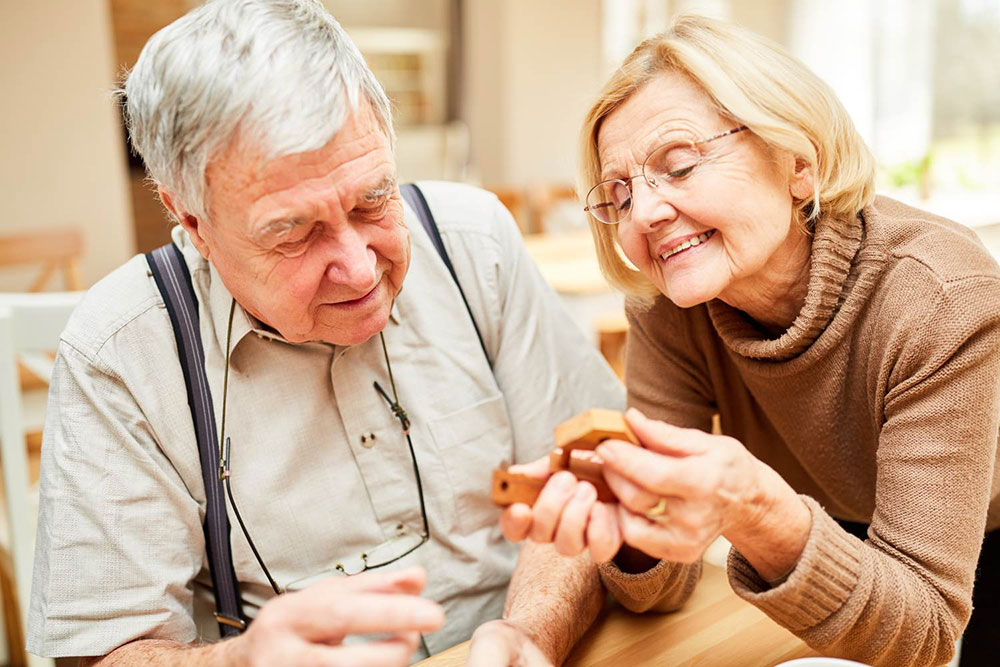When to Seek Outside Care for Your Elderly Loved One?
However, the older they get, the more reliant they become on this care, and eventually it becomes too much for their caregivers to feasibly handle. If you are caring for an elderly parent or loved one, it’s important to understand when it’s time to seek outside help — both for their safety, health, and quality of life and yours.
Sometimes, the signs are obvious, but more often than not, it’s a slow, subtle buildup of signs that go unnoticed. So it’s helpful to take a step back and look at the situation objectively to see if your loved one is displaying these indications that it’s time to seek professional, outside care.
Poor Hygiene or Lack of Self-Care
When seniors begin to struggle with everyday tasks, hygiene and self-care are often the first things that are neglected. It can be due to mobility challenges, where they have difficulties navigating in and out of the bathtub, or they may simply forget to do these basic tasks.
So you may start to notice an increase in body odor or bad breath, changes in grooming habits, frequently unclean clothing, and other cleanliness issues. Weight loss can also be a sign that they are not taking care of themselves properly and getting adequate nutrition.
Personal or Environmental Safety Issues
As your loved one’s cognitive function declines, they are more likely to put themselves into dangerous situations or display risky, unsafe behaviors. They may habitually neglect to lock their doors or forget to turn the stove off. If they are still driving, you may notice unexplained dents or scratches on their car, indicating difficulty navigating around objects or in parking lots. They may also begin making unwise financial decisions and become likely targets for scammers.
Memory Problems
Most people will experience some level of cognitive decline as they age. But if your loved one has substantial memory issues or seems to be getting worse, it can be indicative of Alzheimer’s or dementia, which require a professional level of care, especially as the disease progresses. They may forget family members’ names or mix them up, have difficulty managing their medications and general health, become confused about events or timelines, and even get lost in familiar places.
Worsening Health or Mobility
The worse an individual’s health becomes, the harder it is for their family members and loved ones to provide adequate care, especially if the person’s mobility is affected. If your loved one’s health or mobility is getting to the point where they need help with even basic tasks, then it’s time to consider a more comprehensive care solution. In addition, suddenly worsening health may indicate that your loved one is not managing their conditions appropriately or taking their medications correctly.
Changes in Mood or Personality
Significant personality changes can be a sign of Alzheimer’s or dementia, but they can also be symptoms of a loss of independence. Your loved one may become frustrated by their own limitations and angry that normal everyday tasks have become such a challenge, leading them to lash out at the people around them.
Declining Social Engagement
Not everyone is a social butterfly, but if your loved one has begun isolating themselves and avoiding social situations, it can be indicative of a bigger health or cognitive issue. Seniors often begin to self-isolate or avoid social gatherings due to limited mobility or stamina, which makes it difficult for them to stand, walk around, or participate in any physical activities.
They may also have some cognitive issues that make it hard for them to follow or take part in conversations, or even keep stories, people, and names straight. Both of these issues can be frustrating and embarrassing, so they may avoid social situations altogether.
Caregiver Burnout
Finally, outside care can be just as important for you, the caregiver, as it is for your loved one. Caregiving is a hard job, and caregiver burnout can be dangerous for everyone involved. If you’re feeling depressed, anxious, angry, overwhelmed, or suffocated by your responsibilities, that’s a good indication that it’s time to get some outside help.
If you need professional, compassionate care for your elderly loved one, Right Hand Senior Care offers affordable, flexible services to fit your family’s needs. We would love to become a part of your loved one’s care team.

We are Superheroes in Comfortable Clothes™
We take care of our clients, their families, our staff, and our league of franchise owners.

